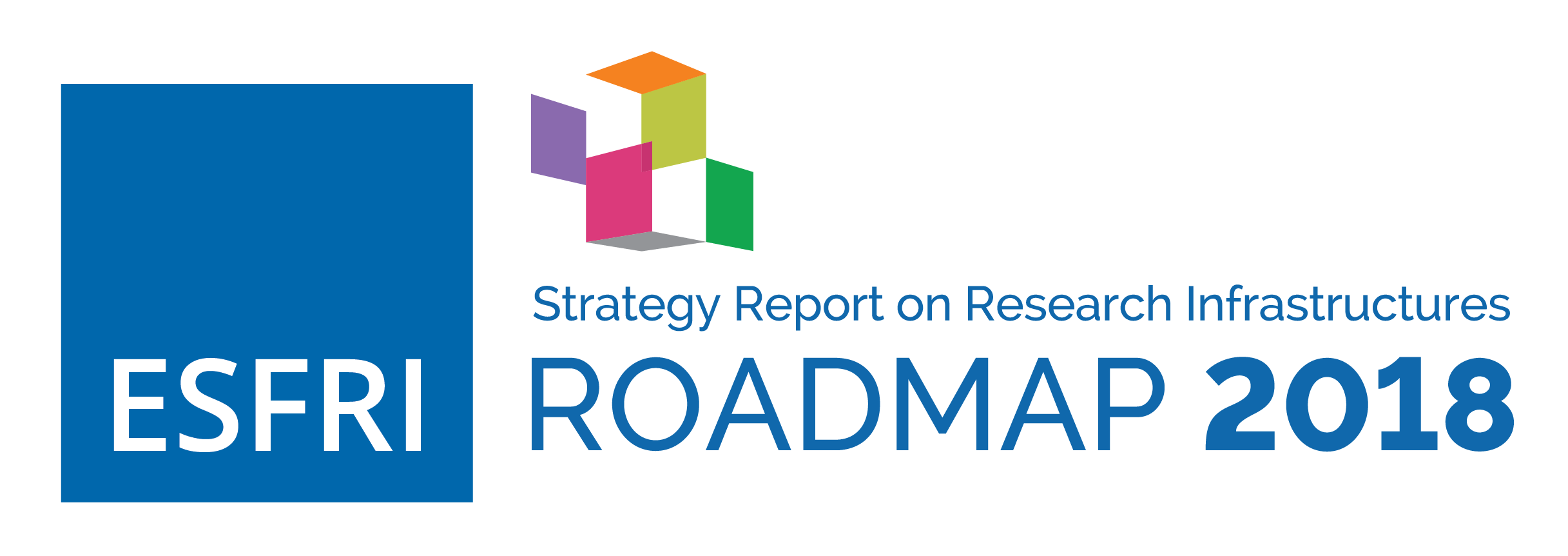Social & Cultural Innovation
Research Infrastructures that support research across and within the Social & Cultural Innovation domain are among the first known infrastructures: libraries, museums and archives are the most obvious examples of this legacy. In today’s digital age, Research Infrastructures in the Social Sciences and Humanities (SSH) enhance research into the historical, social, economic, political and cultural contexts of the European Union, providing data and knowledge to support its strategies.
The data collected and provided by SCI RIs contribute to research that offers new insights into Europe’s cultural heritage, its creative industries, education, health and well-being of its citizens, as well as the workings of social and economic policies and societal trends in and across Europe. These insights are fundamental to understand European society and to answer to emerging challenges moving forward.
Data from social sciences and structures that create, collect, assemble and curate such relevant data are fundamental to the further development of the social science research community of Europe. The statistical literacy and research potential of the next generation of social scientists is nurtured using the resources of networked social science data archives and cross-national surveys. The research outputs of Europe’s social scientists have impact on Europe’s politics and map the social and economic conditions of the continent. Developing better measures of well-being and progress is supported, at the international level, by the Organisation for Economic Cooperation and Development (OECD), the Global Science Forum (GSF) and the European Commission (EC), with important contributions arising from the social sciences.
Public statistics, major scientific surveys, management data and data from opinion polls represent essential sources of knowledge for the social sciences. The development of European indicators on society via longitudinal surveys is a challenging goal to provide a key instrument for constructing Europe. Research in the humanities provides a better understanding of our society, both diachronically through historical research to answer questions of how we become what we are – by which mechanisms was this driven – and how we can elaborate this knowledge for shaping the future development of our society; and synchronically by monitoring the media to detect what is currently happening in our society – how we react to the major challenges – how societal challenges beside us can be addressed. There is economic impact from this knowledge, as well as a solid base for developing politics and society at large. The increased availability of digital resources in the humanities, and the development of advanced digital methods for research, have prompted remarkable changes in the scale and scope of research in these disciplines. In the area of the humanities, collaboration between the RIs and the GLAM sector – galleries, libraries, archives and museums – will lead to an enhanced impact on culture and society.
Future surveys of the impact of SSH research and RIs will make use of the Social Impact Open Repository (SIOR)Social Impact Open Repository http://sior.ub.edu/jspui allowing researchers to upload qualitative and quantitative testimonies of the social impact of their research, making use of specific indicatorsSocial impact: Europe must fund social sciences. Flecha R., Soler-Gallart M., Sordé T. – Nature, 2015, Vol. 528 (7581): 193. http://www.nature.com/articles/528193d. This system also enables funding agencies and citizens to monitor the way in which research impacts society positively, for instance through the reduction of early school leaving. It shows especially the directions of innovation in SSH research are going and how these are integrating with other sciences. The availability of this information will also provide guidelines for SSH research groups and projects to increase political and social impact, as well as a body of evidence to demonstrate the results.
The SSH target community is substantial: according to available data, SSH area accounts for over 40% of the students in Europe.Eurostat Eurostat – Tertiary education statistics http://ec.europa.eu/eurostat/statistics-explained/index.php/Tertiary_education_statistics#Fields_of_study: Eurostat reports that 34% of the students are in social sciences – including journalism, business and law – and 11% in arts and humanities. The ISSC World Social Science Report 2016 estimates that more than 30% of the researchers in the higher education system are in SSH disciplines, however with substantial variation among countries. This accounts for more than 500.000 researchers employed – Full Time Equivalent (FTE) – in higher education in the European Union. In contrast, the spending for SSH is substantially lower than 30% of the overall research spending and often lower than 20% in many countries, according to figures given in the same reportISSC World Social Science Report 2016 http://unesdoc.unesco.org/images/0024/002458/245825e.pdf.




